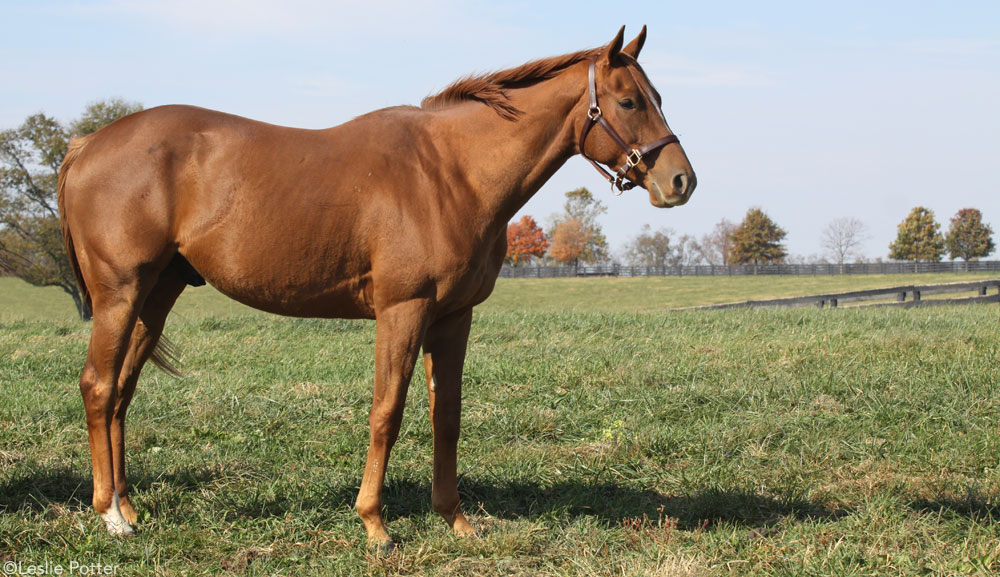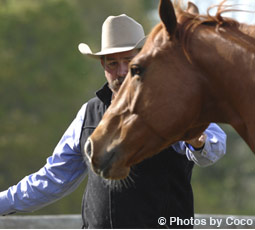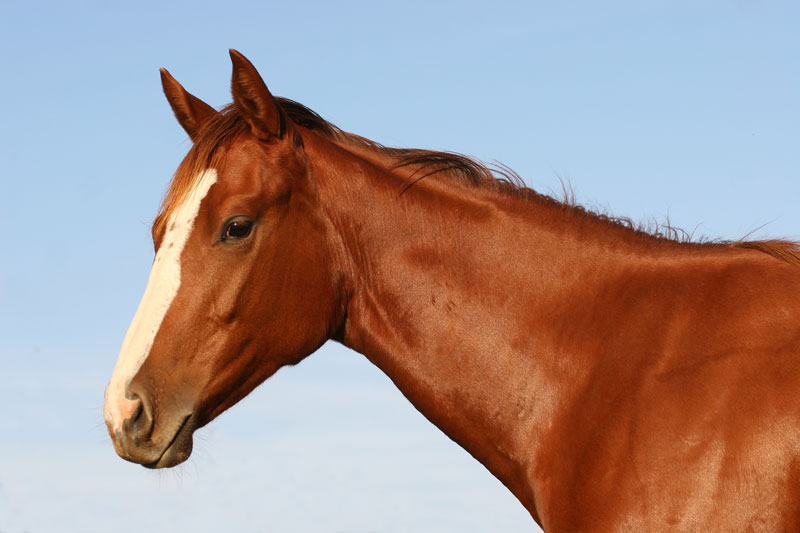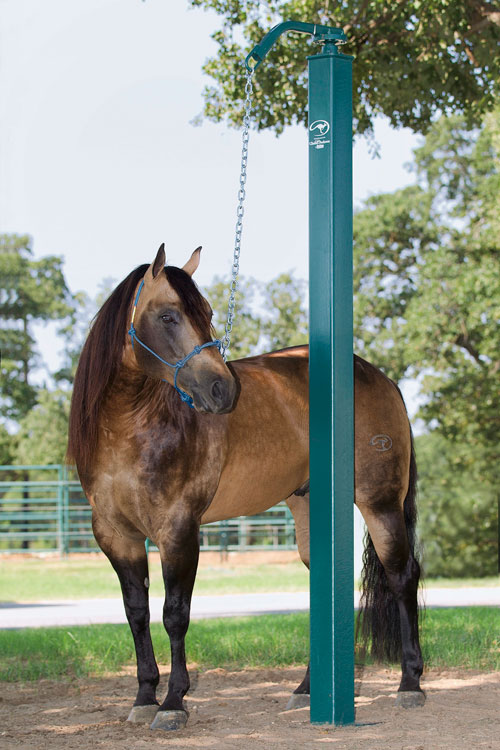When purchasing a new horse a few years ago, we were told by the previous owner that the horse “doesn’t like fly spray.” We brought her home and carefully applied some fly spray, only to find that she stood just fine and it didn’t bother her at all.
Later in the day, however, the puzzle became clear when thick summer flies came out and caused the horse—despite the fly spray—to become upset, stomping, swishing, and running back in forth in front of the gate, asking to go back to her stall. Ahh, we surmised—we must have mis-heard. It’s not that she doesn’t like fly spray. It’s that she doesn’t like flies. Good to know.

With a New Horse, Take it Slow
When you buy a new horse, you’re also buying a history. This animal has had experiences that shape their personality and reactions to new events. While you can (and should) ask questions before buying, it’s generally not possible to find out all there is to know about a horse in advance. And in some instances, you learn very little.
For this reason, it’s always smart to proceed slowly and cautiously for the first few weeks and months with your new horse. Of the rare times that I’ve come close to being injured by a horse, it’s usually when I was working around one that I wasn’t familiar with.
Consider this early period a time for you and your horse to learn each other’s personalities. You’ll have plenty of opportunities in the future for all the things you’d like to do with your horse, so perhaps consider postponing that first ride for a week or two. Horses need time to adjust to new surroundings; to settle in and relax before their real personalities and quirks begin to show themselves. How about a couple of longeing or groundwork sessions instead, to give your horse some exercise and you a chance to observe him as he works? You might be surprised how different a horse will act during this acclimation period, and how he goes back to his usual self soon after.
Watch and Learn
The first few weeks are also a time to watch and learn your horse’s daily life habits:
- At what times of the day is he more restful; when is he more active?
- Is he spooky? What sights spook him? What doesn’t bother him at all?
- What types of noises (if any) bother or startle him? Small engines? Vehicles? Dogs?
- How does he get along with other horses? Is he friendly to them, or does he show a lot of negative body language and facial expressions?
- Is he gentle during feeding time, or can he be a little aggressive about his grain or hay?
You should even be watchful during the first few sessions of quiet interactions, like grooming. How does your horse feel about having his legs handled, or his feet picked up and cleaned? How is he about having his ears touched? Some horses can be very sensitive about these areas, so proceed carefully until you know his behaviors. Fly spraying can be another point to watch, as some horses dislike that process. And of course, some horses just don’t like flies!






Learned a few new things from this article.
Good advise.
Patience and time to have a new horse adjust to your location. Brushing and grooming your new horse will help alot.
good info…
Good reading
Ilike the patiences and learn line.
You can learn alot about your horse by just watching him/her in a new place.